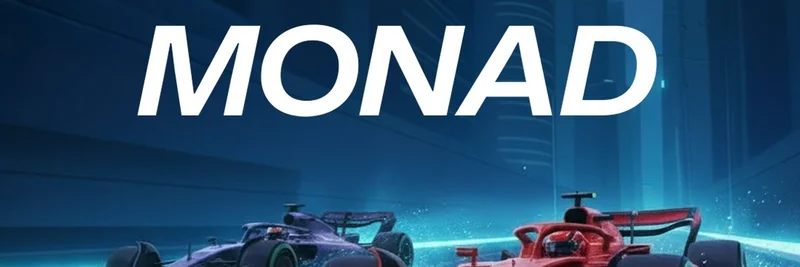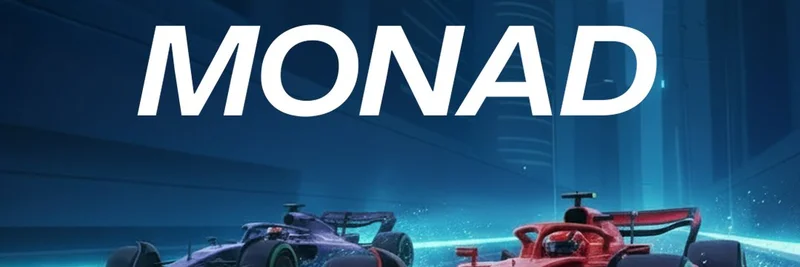In the fast-paced world of crypto, where trends can shift overnight, a recent tweet from DeFi enthusiast @Defi0xJeff has sparked some intriguing discussions. He pointed out that among the top 30 performing low-cap AI agents over the past 30 days, a whopping 8 hail from the Virtuals.io platform—that's almost a third! This isn't just a random stat; it underscores the growing influence of smaller agent teams and the concept of market reflexivity at play.
For those new to the scene, AI agents in crypto are essentially autonomous programs powered by artificial intelligence that can perform tasks like trading, analyzing data, or even creating content, all on the blockchain. "Low-cap" refers to projects with a relatively small market capitalization, often seen as high-risk, high-reward opportunities. Virtuals Protocol, or Virtuals.io, is a blockchain-based platform that acts like a "Wall Street for AI Agents." It allows users to build, deploy, and co-own these agents using their proprietary framework called GAME, and it leverages the $VIRTUAL token as the ecosystem's currency. This setup makes it easier for developers to launch AI agents with their own tokens, some of which carry a meme-like vibe, blending humor, community, and speculation.
The tweet highlights how Virtuals.io is punching above its weight. With features like the Agent Commerce Protocol (ACP) for multi-agent coordination and support for builders through funding and marketing, it's no wonder their agents are topping charts. Market reflexivity, a term borrowed from finance guru George Soros, describes how perceptions can influence reality—in this case, strong performance draws more attention, pumping visibility and potentially prices, creating a positive feedback loop.
Replies to the tweet add more flavor. For instance, @bigwil2k3 noted the emergence of products from early Virtuals launches, emphasizing that while some fizzle out, others build steadily. Another user, @CityDunhil, quoted an update from AIAPE, one such agent on Virtuals, announcing their Narrative Engine v2. This upgrade scrapes onchain and social data to spot narratives early, filter weak signals, and boost win rates for degen trades—perfect for the meme token crowd chasing quick flips.
AIAPE's post teases even more with v3 features like detecting specific narratives and tracing KOL (Key Opinion Leader) calls, gearing up for deeper integration with Virtuals' ACP. It's a prime example of how these low-cap agents are evolving from hype to actual utility, which could signal bigger things for meme tokens tied to AI tech.
Other replies echo the sentiment: @jaydecodes wondered if these agents could lead the next Ethereum rally, while @RBcapital__ shouted out $H1DR4 for consistent building during quiet times. The overall vibe? Excitement mixed with calls for due diligence. As @5bonacci_Tech asked, is Virtuals' dominance product-driven or boosted by community and network effects?
For blockchain practitioners and meme token hunters, this thread is a reminder to keep an eye on under-the-radar projects. Virtuals.io's strong showing suggests that innovation from smaller teams could disrupt the AI agent space, potentially birthing the next wave of viral meme coins. If you're diving in, remember to DYOR (Do Your Own Research) and check out the original tweet for the full conversation.
Whether it's the tech, the tokens, or the community buzz, Virtuals.io is proving that in crypto, sometimes the little guys pack the biggest punch. Stay tuned as we track more developments in this exciting intersection of AI and blockchain.




